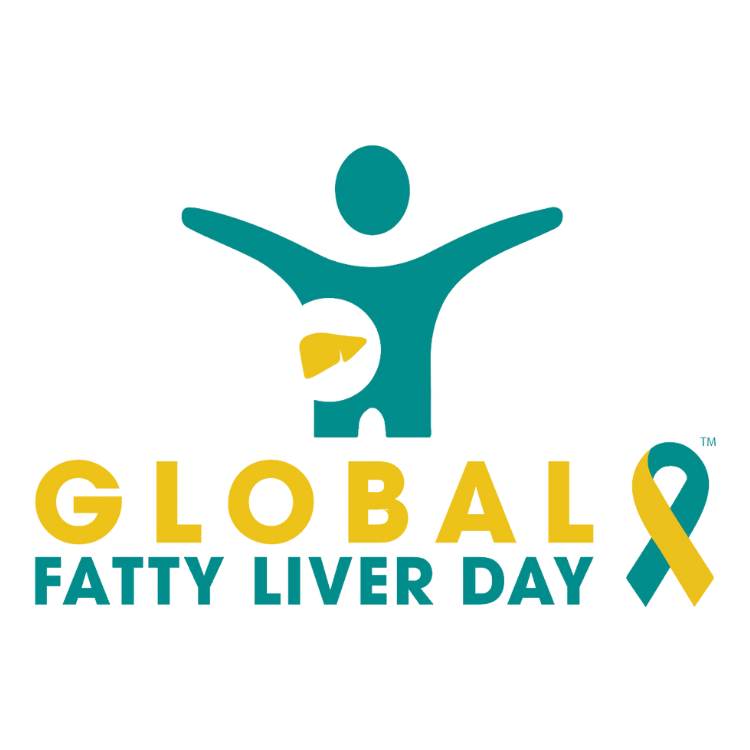Interview with Tony and Betsy Villiotti
GLI interviewed Tony and Betsy Villiotti, a patient and caregiver team. Both are 2018 GLI Advanced Advocacy Academy (A3) trainees. Tony was diagnosed in 2005 with NAFLD and received a liver transplant in March of this year with Betsy beside him every step of the way.
If you could change one thing about how the healthcare system treats patients, what would you change?
T: In retrospect, I wish I had been given a roadmap that laid out all the possible outcomes when I was diagnosed with fatty liver. ...I did not know that it could lead to cirrhosis and don’t believe I was told of that possibility. [I think that] doctors should do a better job explaining possible outcomes.
What do you most want people to know about life with liver disease?
T: As a patient proceeds through the spectrum of liver disease, [they often] have the power to make lifestyle changes that affect the progression of the disease. Make the effort to learn about how nutrition can affect your disease. A patient should also know that there are likely to be many twists in the road. Situations will pop up, seemingly out of nowhere. Most prominent is hepatic encephalopathy (HE), but ascites, edema, and other conditions can arise. Be prepared for that eventuality.
What challenges you the most, from a patient and caregiver perspective?
T: ...My biggest challenge during my disease progression was diet. I come from a large Italian family where holidays, weekends, and any other excuse we could come up with centered around food. [Our] view was that a fat child was a happy child. We were big consumers of white bread, red meat and pasta. Between that and my enjoyment of Italian food, it was very hard to change my diet. I eventually came up with a rule that if I liked something it probably wasn’t good for me. Exercise was also difficult as I was frequently tired and had to really push myself to stay active. Post-transplant, my challenge has been to continue eating smaller and healthier meals.
B: One of the biggest challenges I had as a caregiver was knowing what foods were affecting my husband’s disease. I did talk to nutritionists, but… [they] did not have information that was specific to liver disease and cirrhosis. After the second time he was hospitalized for HE, I finally talked with a nutritionist well-versed in liver disease. I was also unaware of the many side effects that can occur with liver disease. It was important that I paid special attention to any behavior changes in my husband even though he made a valiant effort to hide them from me. In hindsight, I realize I may have missed mild episodes of HE, blaming it [instead] on dehydration.
What inspires or motivates both of you?
T: In 2008, I met the family of a teenager who had liver and lung cancer and passed away. What [I’ll} never forget from meeting that family was their child’s motto: “Life isn’t about how many breaths you take; it is about what you do with those breaths.” I kept coming back to this after my transplant and it inspired me and motivated me to form a non-profit, NASH Education, [with the mission to] increase the awareness of NAFLD and NASH. My target is the person who has the same knowledge, which was none, that I had when I was diagnosed with fatty liver in 2005.
B: Now that my husband has been successfully transplanted in March 2018, I am inspired by him and his effort to spread the word about NAFLD and NASH.
As a caregiver, what would you want to say to those who might be in your position?
B: I would tell someone in my position to seek out a nutritionist for diet advice that specializes in liver disease. I was surprised that too much protein can trigger HE. I thought I was helping my husband avoid malnutrition...turns out I was pushing him over the edge to HE. I would also tell them that they need to accept the new normal. Liver disease can cause a person to sleep more, not want to socialize and at times be irritable. All this can be overwhelming, so it is important to keep up with YOUR social life, find a good friend you can vent to, and, most importantly, take care of your health. Also, keep the faith and know there are better days ahead after transplant.
